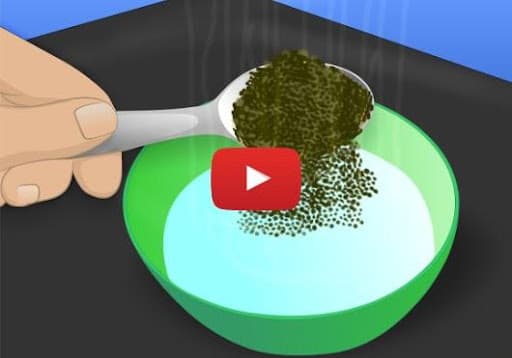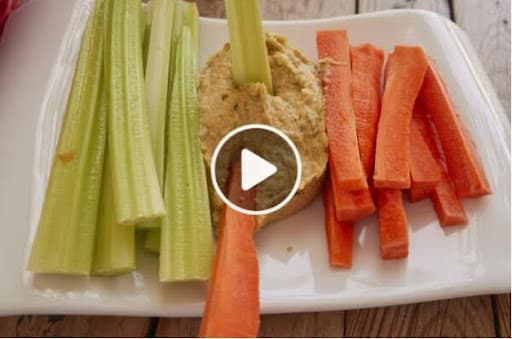Keto Q&A with Dr Eric Westman E75 - Keto Made Simple Podcast
Dr. Eric Westman introduces the concept of habitual eating and its potential disruption using keto-friendly substitutes, such as sparkling water. His discourse highlights how deeply ingrained the habit of eating can be and offers simple ways to combat unnecessary snacking by swapping calorie-dense foods for healthier options.
Many people find themselves reaching for snacks out of habit rather than due to hunger. Dr. Westman emphasizes alternatives like no-carb sparkling waters or sugar-free sodas to satisfy these cravings without derailing one's health goals. He discusses examples of popular substitutes available in stores that can serve as handlers for these habitual whispers.
- Types such as black cherry-flavored sparkling water provide flavorful, non-caloric drinks that fit well with keto protocols.
- Suggestions to replace high-calorie snacks during moments of habitual snacking to support weight management and dietary health.
“I received a heartfelt thank-you from a couple who've had their diet-related path corrected—successfully managing PCOS and family planning.”
Dr. Westman shares touching stories of patients whose health journeys were significantly impacted, or even corrected, by transitioning to keto lifestyles. A particularly heartfelt story recounts how a successful dietary shift helped one patient manage PCOS, aiding in fertility and offering a personal testament of diet's potential beyond weight loss.
Year after year, dietary studies make headlines, but as Dr. Westman highlights, not all research within these citations adequately portrays the realism faced during practical implementation. Specifically, with keto versus Mediterranean diet trials, misaligned designs such as non-standardized medication approaches can skew sensemaking in health science more broadly.
Dr. Westman critiques a Stanford study comparing ketogenic and Mediterranean diets, which lacked proper autonomy due to varied medication usage across groups, raising significant discussions on fairness within dietary research. This provided a glaring representation of how regulations and methodologies can influence dietary recommendations unjustly.
From Around The Web
Wellness Inbox is a blog & weekly newsletter that curates trending news and products related to health and wellness from around the web. We also gather content from various sources, including leading health professionals, and deliver it directly to you.
Please note that we may receive compensation if you purchase any products featured in our newsletter. Wellness Inbox is not affiliated with, nor does it endorse, any health professionals whose content may appear in our newsletter. The information provided is for general informational purposes only and should not be considered medical advice.
The information provided is not intended to replace professional medical advice, diagnosis, or treatment. All content, including text, graphics, images, and information available is for general informational purposes only. We do not guarantee the accuracy or completeness of any information presented and assume no liability for any errors or omissions. The content is subject to change without notice. We encourage you to verify any information with other reliable sources and consult your physician regarding any medical conditions or treatments.







